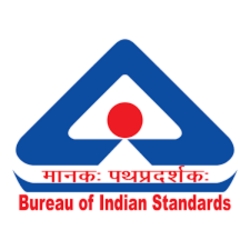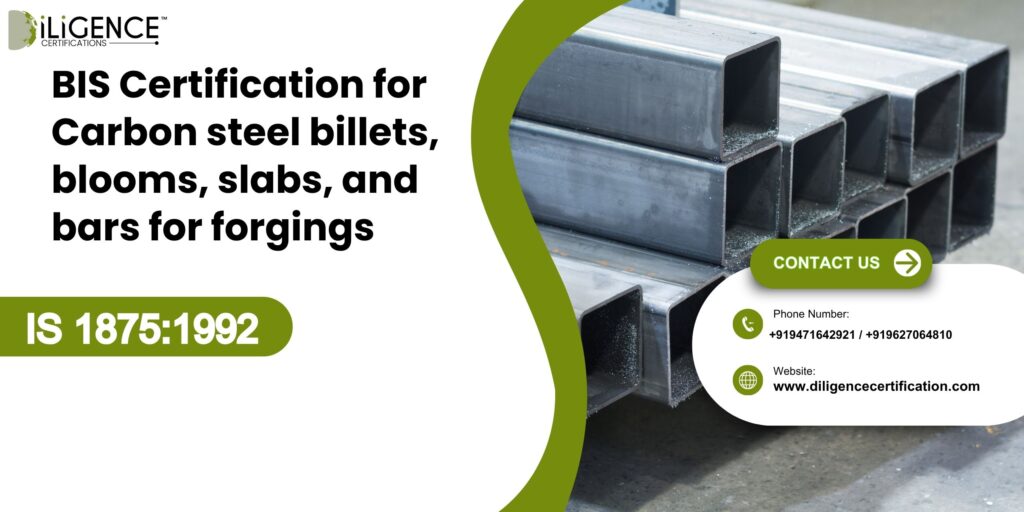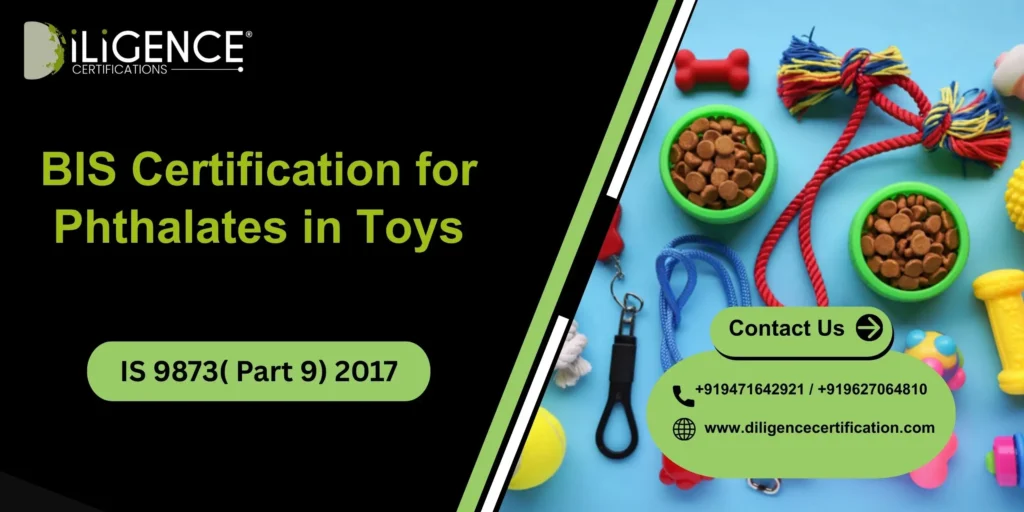- BIS certification under IS 1875:1992 is mandatory for forging-grade carbon steel.
- The certification provides a thorough user chemical, mechanical, and dimensional standard.
- Producers are obliged to accomplish BIS tests and audits to obtain their product certification.
- Products with certification scores are more welcomed both in the domestic and foreign markets.
- The license validity and good name of the brand are maintained through regular quality control checks.
Introduction

A steel factory in Pune had to face the loss of a major client in the forging industry, simply because its billets were not accompanied by the BIS Certification for Carbon Steel Billets, Blooms, Slabs, and Bars for Forgings under IS 1875:1992. The quality of the product was not the point of the rejection, but rather the non-fulfillment of India’s Quality Control Orders. The certification is the way to ensure that one billet or one slab is conforming to the set chemical, mechanical, and dimensional standards. If they don’t have it, manufacturers are in danger of shipment cans and the loss of their good name. For any steel manufacturer, obtaining. Bureau of Indinan Standards
What is IS 1875:1992?
IS 1875:1992 is an Indian Standard that specifies the requirements for carbon steel billets, blooms, slabs, and bars used for forgings. It is the objective of these materials to satisfy the set chemical, mechanical, and dimensional standards of quality and quantity. The norms embodied in this document serve as the basis for BIS certification and, therefore, are indispensable to any steel manufacturer who wants to supply the forging industry.
Key Points:

- Made public by the Bureau of Indian Standards (BIS) for carbon steel of forging quality.
- Covers chemical composition, mechanical properties, and manufacturing quality.
- Divides materials into several classes (1, 1A, 2, 2A, etc.) based on carbon content.
- Specifies testing, sampling, and retesting procedures for quality control. ISI MARK
- Products that have been certified should bear the ISI mark along with a valid BIS license number.
Why is BIS Certification Mandatory
BIS certification is necessary to confirm that the above products made out of carbon steel such as billets, blooms, slabs, and bars for forgings are safe, qualitatively good, and have the same performance as that of the standard which has been described in IS 1875:1992. It shields customers, encourages standardisation, and ensures that there is quality compliance throughout the steel industry as per India’s Quality Control Orders (QCOs).
Key Reasons
- Regulatory Requirement: Ministry of Steel through QCOs has fixed as a prerequisite the obtaining of a BIS certificate of forging-grade carbon steel products for the Indian market.
- Quality Assurance: It is a very important instrument as it verifies that every piece of metal, whether it is a billet, bloom, or slab, corresponds to the chemical and mechanical features stipulated and thus ensures safe and reliable use.
- Consumer & Industry Safety: Through this instrument of the forging supply chain, substandard materials are eliminated, which are no longer a possibility for manufacturers of the automotive, rail, and heavy engineering sectors to face safety risks.
- Market Authorisation: The issuance of a BIS certificate is a precondition for whether a product can be produced, the stock can be sold within the limits of India, or even non-compliance can cause goods to be confiscated or penalised.
- Export Credibility: Certification from BIS is highly valued by brands and thus earns trust among business partners. This is also a good point for Indian manufacturers looking to penetrate foreign markets.
Importance & Benefits of BIS Certification
| Importance | Benefits |
| It ensures that the company complies with India’s Quality Control Orders (QCOs). | Manufacturing and sale of forging-grade carbon steel in India are done legally. |
| It helps to provide the metal industries with the standard of IS 1875:1992 regarding the chemical and mechanical properties. | It is an important role in providing a mark that assures the customer that the product is genuine and of good quality. |
| It is an important role in providing a mark that assures the customer that the product is genuine and of good quality. | It helps to increase the brand credibility and, therefore, buyer confidence will be strengthened. |
| Production and testing processes are standardised across manufacturers. | Defects, rejections, and quality complaints are reduced. |
| It supports national safety and industrial standards. | It is a key factor in minimising the risk of failures in critical applications like automotive and heavy engineering. |
| These are the factors that attract domestic and international buyers. | Export readiness and eligibility for global tenders will be enhanced. |
Step-by-Step Process of BIS Certification

Step1:Documentation
- Collect product technical details such as product drawings, specifications, and the manufacturing process flow.
- Prepare quality control records, testing methods, and calibration certificates.
- Collect legal papers like company registration, factory licence, and address proof.
- Ensure all documentation aligns with the specific Indian Standard (e.g., IS 1875:1992).
Step2:Product Testing
- Deliver product samples to a laboratory certified by BIS for testing as per the standard that is applicable.
- The tests should cover the chemical composition, mechanical properties, and dimensional accuracy.
- Make sure the sample is a good representation of the actual production and that it can be traced back to a particular batch.
- Get a detailed test report (TRF) that explicitly indicates compliance with all the clauses of the standard.
Step3:Application Submission
- Submit an online application through the BIS Manakonline portal.
- Upload all necessary documents, test reports, and factory inspection reports.
- Pay for the application and the licence by the online mode through the prescribed amount.
- Ensure all details are correct once more before sending the application final to avoid time waiting.
Step4:Scrutiny and Inspection
- BIS officials scrutinise the documents and test reports for completeness.
- A factory inspection is conducted to verify production, testing, and marking capabilities.
- Inspectors may draw random samples for independent verification.
- Non-conformities (if any) must be rectified before licence approval.
Step5:Grant of Licence
- Once compliance is verified, BIS issues the ISI licence for the specified product.
- The manufacturer can then mark the product with the Standard Mark (ISI logo).
- The licence is valid for a specified period, usually one or two years, and renewable.
- Regular surveillance audits ensure continued compliance and quality consistency.
Documents required for BIS Certification
| Document Type | Details Required |
| Company Documents | Company registration, GST certificate, factory licence. |
| Manufacturing Details | Process flow chart, plant layout, list of machinery and testing equipment. |
| Product Information | Product specifications, class/grade details, and test reports. |
| Quality Control Records | Internal test procedures, calibration certificates, inspection reports. |
| Authorisation Letter | Declaration from the manufacturer authorising BIS liaison or consultant. |
| Test Report | Report from BIS-recognised lab showing compliance with IS 1875:1992. |
| Address Proof | Factory address proof, utility bills, or lease documents. |
| Trademark/Brand Proof | Copy of trademark registration or brand ownership document. |
Timelines, Costs, Validity & Renewal
- Timelines: Usually, the completion of the whole procedure is within 4–6 weeks from the test and inspection date.
- Costs: Are the money paid for the application, the testing, and the licence, which are performed according to the BIS standards.
- Validity: The licence is valid for two years from the date of issuance.
- Renewal: The renewal application is submitted 30 days before the expiration date together with the latest reports and records.
Why Choose Diligence Certifications
Diligence Certifications is a trusted partner for BIS and quality compliance in the steel sector. With deep industry expertise and proven results, we simplify the certification process from start to finish.
- Expert Guidance: Experienced consultants who understand BIS standards like IS 1875:1992 in depth.
- Complete Support: Product testing, documentation, application filing, and audit preparation assistance.
- Shorter Approvals: Diligently facilitated interactions with Bis and labs leading to shorter approval periods.
- Industry Knowledge: The top steel and forging manufacturers in India, whose certifications we have successfully facilitated.
- After-Care Support: Continuous support for licence renewal, surveillance audits, and maintenance of compliance.
Conclusion
BIS certification for carbon steel billets, blooms, slabs and bars for forgings as per IS 1875:1992 is obligatory for every manufacturer of steel wishing to comply with India’s regulations for quality and safety. It is a reassurance to a purchaser of consistently quality material for forging and adds credibility both domestically and for export markets. Security to the end user ensures compliance for continued service. Regular compliance, testing and documentation ensure continued certification. Diligence Certifications can help manufacturers receive approvals faster and confidently, avoiding the need to worry about rejections and long-term regulatory compliance.








 BIS Certification
BIS Certification
 CDSCO
CDSCO
 CPCB
CPCB
 LMPC
LMPC
 WPC Approval
WPC Approval
 Global Approvals
Global Approvals
 TEC
TEC
 ARAI
ARAI
 BEE
BEE
 ISO Certification
ISO Certification
 Drone Registration
Drone Registration
 NOC For Steel
NOC For Steel



















 Business Registration
Business Registration














 Legal Services
Legal Services
 Trademark Registration
Trademark Registration
 Copyright Registration
Copyright Registration
 Patent Registration
Patent Registration

















































